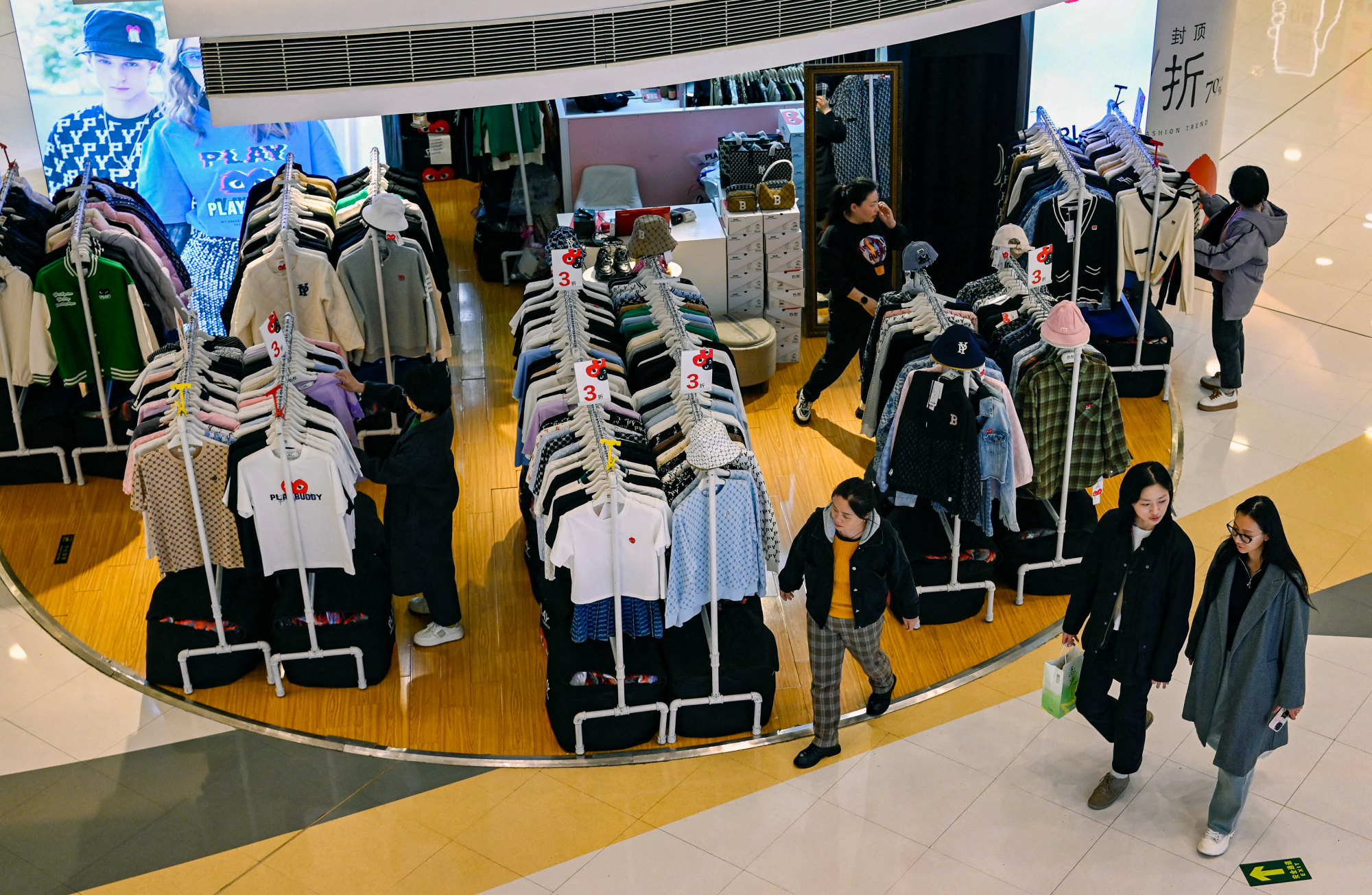
10 Apr Commercial property: Beijing retail rents jump by most since 2019 with premium office space remaining under pressure
Beijing’s commercial real estate market recovered partially in the first quarter of 2024 and is gearing up for further stabilisation this year as a strong rebound in consumption and policy support combine to drive demand for leasing and investment, analysts said.
In the retail market, rents in urban Beijing rose 1.3 per cent quarter on quarter in the three months ended March 31, marking the fastest growth in this segment since 2019, according to a report published on Tuesday by real estate services company JLL.
Meanwhile, rents in the suburban retail market jumped by 2.8 per cent, which also represents the fastest growth since 2019 as well as a rebound to 2021 levels. And while rents are still nowhere near pre-pandemic levels, the outlook for the segment is generally positive, the report said.
“The demand surge is expected to continue throughout the year”, as increased leasing activity allows landlords to upgrade their tenant mix and select “higher-positioned brands” from their pool of active inquirers, said Ji Ming, research director for JLL North China.

And since these higher-end tenants are typically more willing to pay, they are expected to steadily drive up rents in the retail segment, Ji added.
Meanwhile, the retail vacancy rate returned to pre-pandemic levels, dropping 0.7 percentage points to 5.2 per cent in urban Beijing and by 0.3 percentage points to 6.4 per cent in the suburban market.
Retail property is also gaining traction on the investment front, said JLL, owing to policy support for consumer infrastructure real estate investment trust (C-Reit) products, which allow the public to invest in income-generating real estate projects such as shopping malls and toll roads.
C-Reits are attractive to investors because they are publicly traded and hence more liquid compared with regular real estate investments. The quality of C-Reits’ underlying assets is another appeal.
China’s 87 billion yuan (US$11.9 billion) Reit market is the fourth-largest in Asia after Japan, Singapore and Hong Kong and was expanded last year to include ‘consumption-related infrastructure projects’ or shopping centres and department stores, expanding options for investors.
In the office segment, rents for premium space continue to drop even though overall activity is picking up.
‘Miserable’: Hong Kong restaurants lament drop in business over Easter holiday
‘Miserable’: Hong Kong restaurants lament drop in business over Easter holiday
Amid fierce competition among landlords for quality tenants, rent for grade-A office buildings in the first quarter dropped by 11.4 per cent year on year and 4.6 per cent compared with the previous quarter, according to JLL.
Rents for grade-A space dropped by more than those for grade-B buildings for the first time in seven quarters, according to CBRE in a report released on Tuesday.
Grade-A offices are expected to see rents decline by 7.8 per cent in 2024, according to JLL.
Yet office leasing inquiries continue to rise, and negotiation cycles are “significantly shortened”, said JLL, adding that companies in the finance, technology, media and telecommunications sectors generated close to half of the total leasing volume in the grade-A market over the past quarter.
“In the short term, competition among landlords for limited demand will put further downward pressure on [rents] for both grade-A and grade-B office buildings,” said Molly Yuan, CBRE’s North China head of advisory and transaction services. “This will make the premium office building market – consisting of grades A and B – more appealing compared with their less premium peers, thereby attracting more quality tenants.”
Japanese firms make the most of Hong Kong’s low rents, snap up retail spaces
Japanese firms make the most of Hong Kong’s low rents, snap up retail spaces
In addition, no new projects will enter the market over the next six months, Yuan said.
At the same time, the Beijing government’s stimulus measures and funding directives for local start-ups, small and medium enterprises, and other hi-tech companies are likely to help to shore up confidence among tenants and reduce vacancies, she said.



Sorry, the comment form is closed at this time.